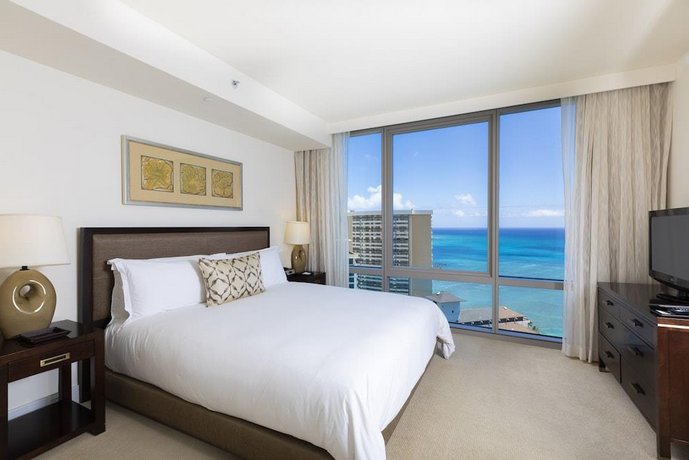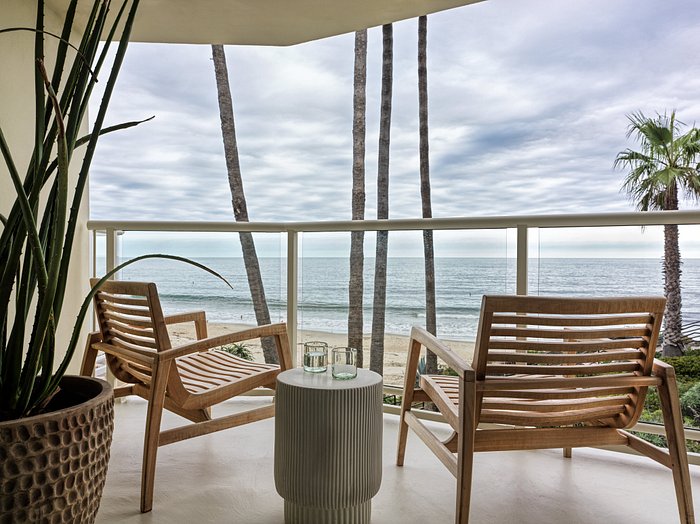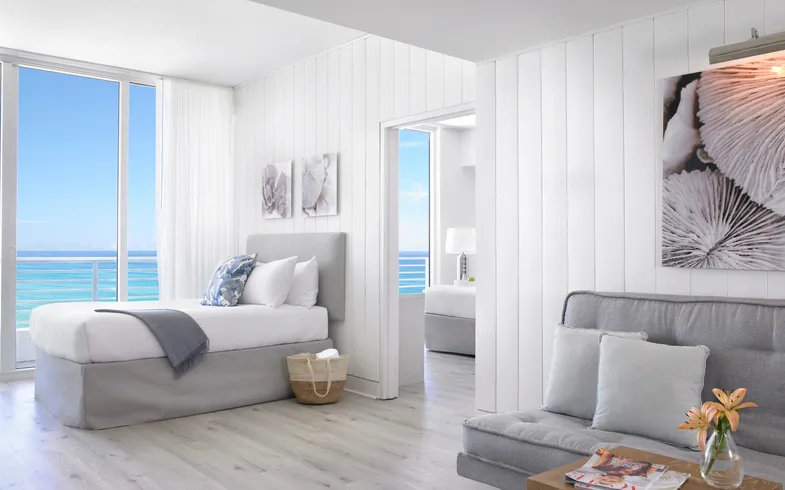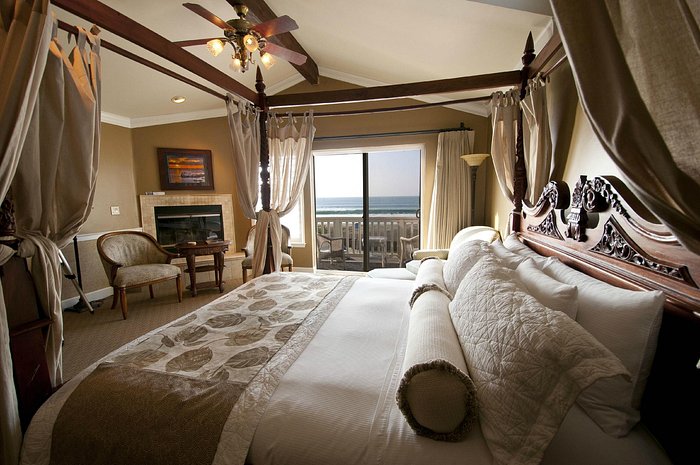Starting a Bed and Breakfast (B&B) can be a dream venture for many, especially for romantic travelers looking to create a warm and inviting space for fellow wanderers. However, to ensure that your B&B operates smoothly and legally, understanding the licensing needed for a bed and breakfast is essential. This article aims to provide a comprehensive guide to the necessary licenses and permits required to start a B&B, thus enabling you to transform your dream into reality.

Understanding the Concept of a Bed and Breakfast
A bed and breakfast is often characterized as a small lodging establishment offering overnight accommodation and breakfast, typically situated in a private family home. Unlike traditional hotels, a B&B provides a more intimate and cozy setting, making it a popular choice among romantic travelers who value personal touches and unique experiences. To better understand the history of bed and breakfasts, it’s worthwhile to explore their rich and varied origins.
The Importance of Licenses and Permits
When operating a bed and breakfast, obtaining the correct licenses and permits is crucial. Not only do these legal requirements ensure that you meet local regulations, but they also instill confidence in your guests, assuring them of a safe and legitimate stay. Moreover, compliance with these legal stipulations can help avoid potential fines and closures, providing a stable foundation for your hospitality business.
1. Business License
A business license is often the first requirement when establishing a B&B. It grants you the legal authority to operate your business in a particular municipality. The process for obtaining a business license varies by location, so you must check with your local city or county government for specific requirements and fees.
2. Health and Safety Permits
Health and safety are of utmost importance in the hospitality industry, and a B&B is no exception. You will need a health and safety permit to ensure that your establishment meets local health codes and standards. This may involve regular inspections and adherence to hygiene and safety protocols, such as proper sanitation, fire safety, and kitchen hygiene. [Explore the benefits of safety compliance](https://wallacehousebb.com/what-makes-a-bb-unique-3/).
3. Zoning Permits
Zoning laws are designed to regulate land use in specific areas, and they may impact your ability to open a B&B. It is vital to verify that your property is zoned for commercial use or has the necessary exceptions to operate a bed and breakfast. Failure to comply with zoning regulations can lead to legal issues that disrupt your business operations.
Navigating State and Local Requirements
4. State-Specific Licenses
Each state may have distinct requirements and licenses for operating a bed and breakfast. Researching state-specific regulations is a critical step in ensuring compliance and avoiding unexpected hurdles. Consulting with a legal advisor familiar with your state’s hospitality laws can provide valuable insights and facilitate the licensing process.
5. Local Ordinances
Familiarize yourself with local ordinances that may affect your B&B operations. These could include noise restrictions, parking regulations, and signage rules. Understanding and adhering to these ordinances are crucial for maintaining good relations with neighbors and local authorities, ensuring a harmonious environment for your guests.
Insurance Considerations
6. Liability Insurance
Protecting your B&B with the appropriate liability insurance is essential. This insurance covers potential legal claims from guests, offering financial protection against accidents, injuries, or property damage occurring on your premises. Speaking with an insurance professional to determine the best coverage for your business is highly recommended.
7. Property Insurance
Your B&B is a significant investment, and safeguarding it with property insurance is vital. Property insurance protects your establishment against damages from unforeseen events, such as fires, floods, or natural disasters. Ensuring comprehensive coverage helps mitigate financial losses and ensures the continuity of your business operations.
Additional Considerations
8. Tax Identification Number
Obtaining a tax identification number (TIN) is a crucial step for tax purposes. This number is necessary for reporting your business income and paying taxes. Consulting with a tax professional can help you navigate the complexities of tax obligations, ensuring compliance and efficient financial management.
9. Alcohol Licenses
If you plan to serve alcoholic beverages at your B&B, an alcohol license is mandatory. The process for obtaining this license varies by location, and it typically involves meeting specific criteria and adhering to local regulations governing the sale and consumption of alcohol.
10. Special Function Permits
If you intend to host events or special functions at your B&B, such as weddings or parties, you may require additional permits. These permits often involve specific conditions related to the type and size of the event, as well as noise and crowd management protocols.
Conclusion
Understanding the licensing needed for a bed and breakfast is paramount to establishing and operating a successful B&B. By acquiring the necessary permits, adhering to regulations, and securing appropriate insurance, you can build a reputable and legally compliant hospitality business. For more insights on enhancing your B&B offering, visit the dining options at B&Bs.

FAQ
What licenses are typically required for a bed and breakfast?
The required licenses for a bed and breakfast include a business license, health and safety permits, zoning permits, and state-specific licenses. Additionally, you may need an alcohol license, liability insurance, and special function permits depending on your services.
Why are zoning permits important for a B&B?
Zoning permits ensure that your property is legally approved for commercial use as a bed and breakfast. Compliance with zoning regulations helps avoid legal conflicts and ensures your business operates within the bounds of local laws.
How can I ensure my B&B is compliant with health and safety regulations?
To ensure compliance, obtain the necessary health and safety permits, conduct regular inspections, and adhere to hygiene and safety protocols. Engaging with local health departments for guidance and staying informed about regulatory updates is recommended.
This article contains affiliate links. We may earn a commission at no extra cost to you.






